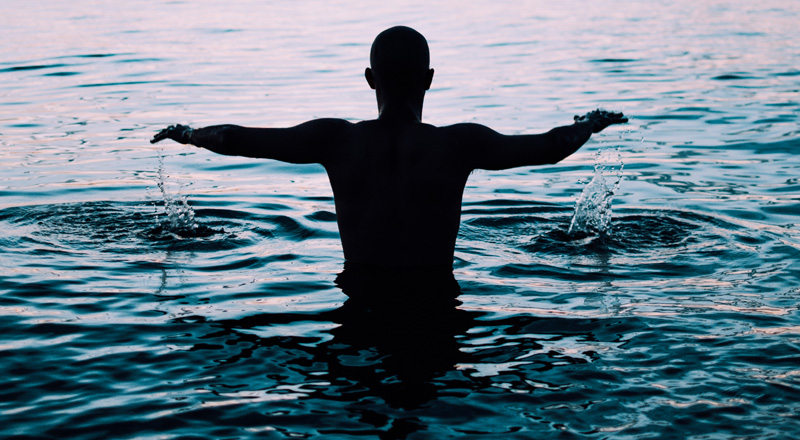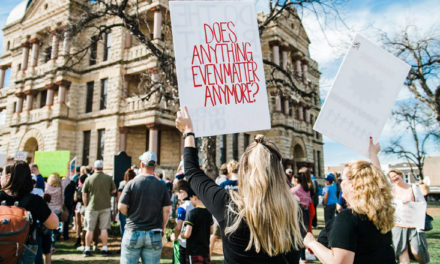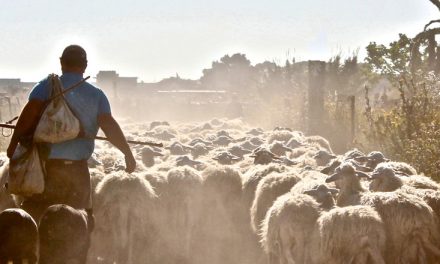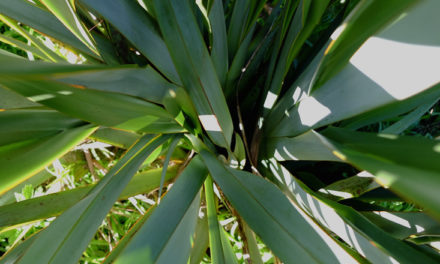Corrupted Directions
Tena tātou katoa e te iwi mīhana… (Greetings to all the people in mission),
This month’s whakataukī (proverb) is: “Ki te hiahia koe ki te whai i ō whāinga, kaua e mimi i te wai.” (“If you want to achieve your goals, don’t pee in the water”). After more than 7 years of quoting various whakataukī, I made this one up. You can probably tell. It was inspired by the animated movie Moana, where the rascal Maui is teaching Moana the navigational secrets of the great mariners of Moana nui a Kiwa (Kiwa’s big ocean, named by Europeans the Pacific Ocean). At one point, Maui encourages Moana to discern the currents with her hand, detecting the subtle changes in water temperature. She excitedly finds the warmer current only to discover Maui was relieving himself in the water! (All the kiddies go “teeheehee”.) One of my earliest memories of pool swimming as a young’n was being taught (by older kids) never to linger in a warm spot! Ew. It makes the chlorine cleanse worth a little burning in the eyes.
I came up with this whakataukī as I was preparing the second of my two keynote presentations for the New Zealand Association of Christian Schools’ 2023 National Conference. NZACS (pronounced Enzacks) wanted Laidlaw’s Miriam Fisher, Venn/St Pauls’ Sam Bloore, and myself to speak on the topic of “Tūturu: Authentic and Intentional Christian Education in Aotearoa.” Without much prior collaboration, the interweave between the three of us was quite astounding. The Spirit was clearly speaking to the Christian school staff and others in the audience about the benefits of bearing with one another and (especially) people not like ourselves in a cruciform (cross-centred) way, to form holy community, with the New Creation destination in mind.
I figured the audience had seen the Moana movie, most of them being teachers and all, and I bargained that Maui’s mischievous misguidance would make for a memorable point. From the chatter afterwards, I wasn’t wrong. Leveraging the movie’s imagery, I noted that we needed to work for clarity (and purity) in our navigational discernment as we pulled on our metaphorical paddles together in-Christ to bring our New Creation destination towards us. As I explained back in 2017 and again in my May 2022 post, I drew on the paradigm-flip of indigenous Southern ocean mariners who visualised themselves in the waka (canoe) as a fixed point, pulling their destination towards themselves, as opposed to propelling toward their destination. It’s a subtle but significant shift.
We need to 1) maintain a clear sense of our destination, and 2) to prioritise that which will help us achieve it — to pull it towards us.
I encouraged conference attendees to: 1) maintain a clear sense of our destination, and 2) to prioritise that which will help us achieve it — to pull it towards us. The shalom Kingdom of God (also known as New Creation) is our destination. Contrary to popular Christian belief I am not speaking of heaven, that’s the dwelling place of God et al, but rather bringing heaven to new earth, the dwelling of God in its fulness amongst Spirit-renewed humanity. This is the destination we are to make known to all nations, declaring that Jesus is the Way to it. That’s all well and good, but what ought we to prioritise as we pull that destination towards us? Here, I encouraged the audience to consider afresh the oft-used whakataukī, “He aha te mea nui ki tēnei ao? Māku e ki atu, he tangata, he tangata, he tangata.” [What is the most important thing in the world? I would reply that it is people, it is people, it is people.] This famous quote is part of a longer conversation concerning the significance of the flax bush, a symbol of family, with “he tangata” repeated the customary three times. So, I interpret the proverb to refer to community—relationships, in other words, are the most important thing in the world. This ought to be our upmost priority as we draw our destination towards us.
It should be of no surprise to readers that I was speaking of the foundation of missions. It is clearly evident through Scripture that God’s purpose, God’s good, pleasing and perfect will, is that we love one another and work to maintain a deep integrated unity. There lies shalom, there God commands a blessing (Psalm 133), from that reality the world will know and believe that the Son was sent and sends us to bring about New Creation (John 17:18-26). Our relationship mahi (or work) is like our pulling on the paddles to bring New Creation toward us. It is making every effort to keep the unity of the Spirit in the bond of peace (Ephesians 4:3) and carrying out the ministry of reconciliation between humanity and God (2 Corinthians 5:18-19) as well as between humans in our differences (2 Corinthians 5:16-17). As N. T. Wright interprets 2 Corinthians 5:17, “If anyone is in Christ, New Creation”—there is no defined subject there in the Greek, no ‘he is’ or ‘she is a new creation’, just evidence of New Creation when we are reconciled to one another in-Christ.
What is the most relationship-enhancing thing I can do right now in this situation?
But, what does this mean in real terms? How are we to ensure we remain in the current of God’s Spirit such that we remain on course? I provided the NZACS conference with a fundamental question we should all be asking in any given situation. It is the rudder of our waka and the Southern Star navigational constant that will ensure our true destination is approaching, rather than some false version of it. That question is this: “What is the most relationship-enhancing thing I can do right now in this situation?”
That’s it. That’s our ethical constant. I am not talking about what some have called ‘situational ethics’, where whatever you think love is becomes the deciding factor. No, love as the world knows it is far too loosey goosey to be an effective navigational aid. Yet it is love, but as Scripture defines God’s love (chesed/agape), because love in Scripture is the sum total of God’s character (1 John 4). In many ways the kupu Māori (Māori word) ‘aroha’ better expresses God’s love than what has devolved as the English meaning. Aroha speaks much more of merciful loving kindness in heart and action, with a disciplinary edge to keep us aligned with the benefit of community, rather than a self-centred my-will-be-done type of live and let live tolerance. So, the most relationship-enhancing or loving thing might actually be restraint, stopping people from self harm or prohibiting actions that would be detrimental to the wider community. An aspect of God’s love is, after all, self control (see the Galatians 5:22 attributes) and, ideally, we ought to be restraining ourselves from antisocial behaviour. But, and here’s the point, restraint must be done in the context of trusting relationships, in order to maintain those relationships, to benefit everyone involved, and maximise the good that emerges from the relationships. Disembodied or codified rules do not do that, and that is the difference between rigid religion and true religion, dead and living faith.
We’re all participating in creating teaser trailers of the full movie that is about to be released.
What then corrupts our navigational direction? What inhibits us from achieving our ultimate goal? Surely it is behaviour that breaks relationships. Such behaviour veers us off course. We start to pull a different destination towards us. Our participation in God’s mission then is not so much all the mapping and managing, plotting and planning to try and bring our New Creation destination into our now/not-yet reality, but the relational collaboration required to provide evidence of New Creation right here, right now, wherever we are. As I said to the NZACS conference, we’re all participating in creating teaser trailers of the full movie that is about to be released—a glimpse of the coming feature—to entice more people to join us in the theatre of God’s loving kindness. To that end, with all our good intentions, dreams, and visions, let’s be sure we’re not corrupting the current as we #stayonmission.
Arohanui ki a koutou e haere ana ki te ao (love to you all as you go into the world),
Jay







